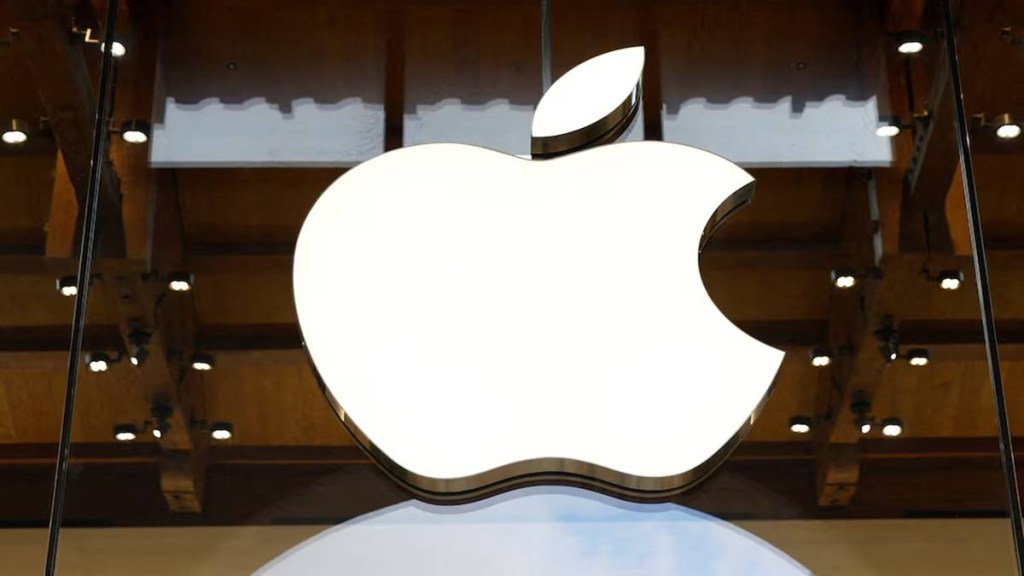Apple is urging the Indian government to amend a decades-old income tax law that could expose the tech giant to billions of dollars in taxes due to its ownership of high-end iPhone manufacturing equipment used by its contract partners in India, as reported by Reuters.
Sources familiar with the matter say Apple executives have been in talks with Indian officials in recent months, pushing for clarity to support the company’s expanding footprint in one of the world’s fastest-growing smartphone markets.
The push comes as Apple increasingly shifts its manufacturing base outside China.
While China still accounts for 75% of global iPhone shipments, India’s share has grown rapidly, quadrupling to 25% since 2022, according to Counterpoint Research. Apple’s iPhone market share in India has also doubled to 8% during the same period.
Why is Apple requesting a revision in the tax law?
The issue at the center of the dispute lies in India’s Income Tax Act of 1961, which states that if a foreign company is found to have a “business connection” in the country, its profits could be subject to Indian taxation.
In Apple’s case, experts say if it owns and supplies the specialised equipment used in local manufacturing facilities, as it does in China, it could be deemed to have such a connection.
“In China, Apple owns the machines and gives them to contract manufacturers without tax liability. But in India, this ownership could trigger a tax on Apple’s global income attributable to Indian operations,” said a senior government official to Reuters.
The legal precedent often involves the 2017 Indian Supreme Court ruling against Formula One, which found the UK-based company liable to pay taxes for exerting control during its event in India, despite not owning the venue.
Apple’s growth in India
Apple’s contract manufacturers, including Foxconn and Tata, have invested over $5 billion in Indian operations, opening five manufacturing facilities.
However, the costly machines used for iPhone assembly, often supplied free of charge by Apple, represent a financial burden manufacturers are unwilling or unable to bear.
“Contract manufacturers cannot put up money beyond a point,” said one industry leader to Reuters. “If the legacy law is changed, it will become easy for Apple to expand … India can become more competitive globally.”
The Indian government has acknowledged the ongoing discussions but is cautious about setting a precedent that could limit its taxing rights. “It’s a tough call,” said a senior official to Reuters. “India needs investments. We have to find a solution.”
Unlike Apple, rival Samsung avoids the issue altogether by manufacturing phones in its wholly owned Indian facilities.
The India Cellular & Electronics Association (ICEA), which represents companies like Apple, has also submitted a confidential appeal to the government.
It warns that tax uncertainty could deter further investment and scaling. “Tax certainty is paramount,” ICEA stated, adding that the equipment costs involved “can rise to billions of dollars.”








